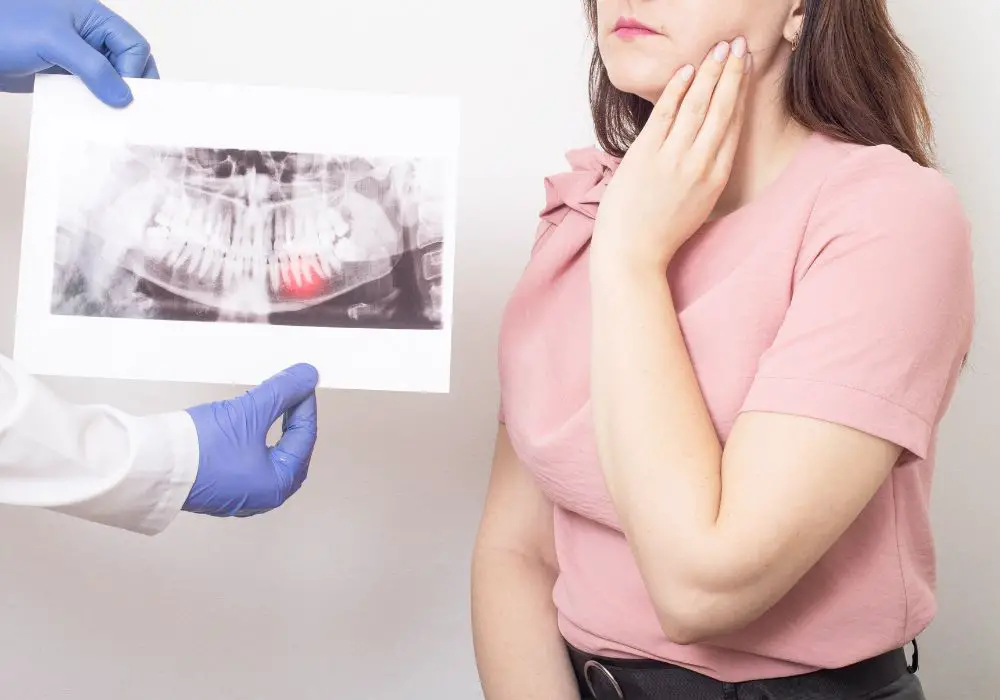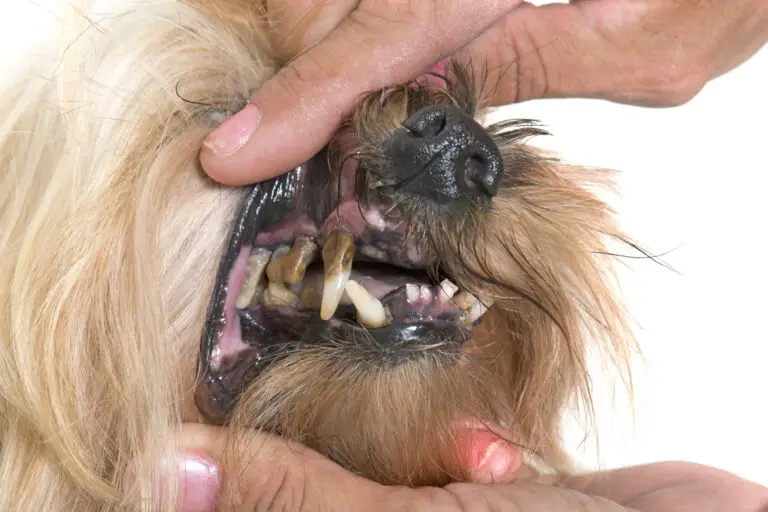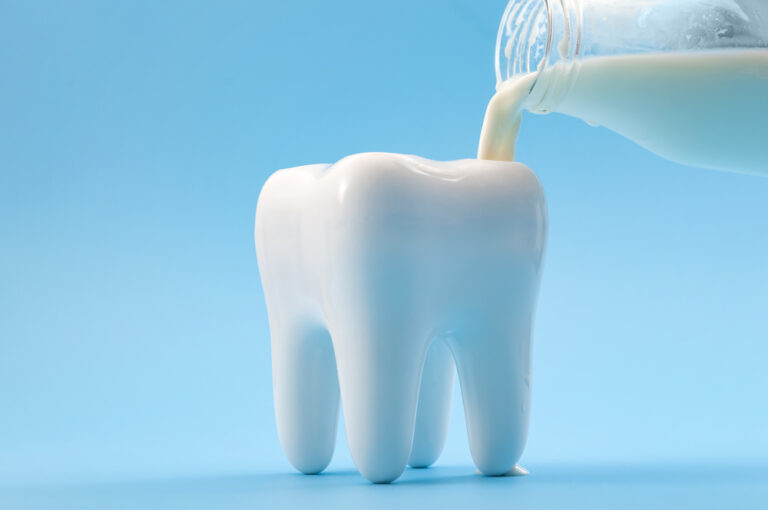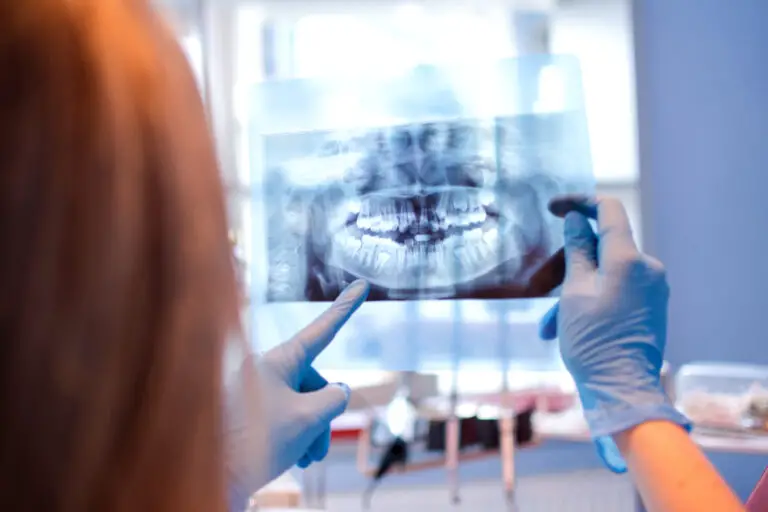Are you curious about the history of wisdom teeth and when they first emerged in humans? Wisdom teeth, also known as third molars, are the last set of teeth to develop in the human mouth. They typically emerge between the ages of 17 and 25, but not everyone develops them.
Anthropologists believe that wisdom teeth were especially helpful for our prehistoric ancestors, who needed serious chewing power to grind through the rough plants, seeds, nuts, and foliage which made up the bulk of their diets. As teeth wore down or fell out, wisdom teeth could step in and provide a much-needed replacement. However, with modern diets that are softer and easier to chew, wisdom teeth are no longer necessary for survival and can often cause problems such as impaction, infection, and crowding.
So, when did wisdom teeth first emerge in humans? The answer is not entirely clear, but scientists believe that they may have been necessary for our ancient ancestors who needed extra molars to chew tough foods. As our diets have evolved, so too has the need for wisdom teeth. Keep reading to learn more about the fascinating history of wisdom teeth and their role in our evolution.
Origin of Wisdom Teeth
Wisdom teeth, also known as third molars, are the last set of teeth to develop in humans. They typically emerge between the ages of 17 and 25, although some people may experience them earlier or later in life. The origin of wisdom teeth can be traced back to our prehistoric ancestors, who needed these teeth to help them chew through tough, fibrous foods.
Evolutionary Purpose
Anthropologists believe that wisdom teeth were especially helpful for our prehistoric ancestors, who needed serious chewing power to grind through the rough plants, seeds, nuts, and foliage which made up the bulk of their diets. As teeth wore down or fell out, wisdom teeth could step in and provide a much-needed replacement.
Over time, however, humans evolved to have smaller jaws and more refined diets. As a result, wisdom teeth became less necessary and began to cause more problems than they solved. Today, many people experience pain, infection, and other issues when their wisdom teeth begin to emerge.
Despite their diminished usefulness, wisdom teeth continue to be a common feature of the human mouth. While some people are born without them, most people have four wisdom teeth – two on the top and two on the bottom. If you are experiencing pain or discomfort related to your wisdom teeth, it is important to consult with a dental professional to determine the best course of action.
Historical Timeline of Wisdom Teeth Eruption

Wisdom teeth, also known as third molars, are the last set of teeth to emerge in the mouth. They typically appear between the ages of 17 and 25, but the exact time of eruption can vary from person to person.
Here’s a brief historical timeline of wisdom teeth eruption:
- 1.5 million years ago: Anthropologists believe that early humans had larger jaws and more teeth, including extra molars that were used to grind tough plant material. As the human diet evolved, the jaw size decreased, and the number of teeth reduced accordingly.
- 400 BC: Greek philosopher Hippocrates wrote about the pain and swelling associated with teething, including the eruption of wisdom teeth. He recommended treating the symptoms with a mixture of honey and vinegar.
- 1848: American dentist Horace Wells discovered the anesthetic properties of nitrous oxide (laughing gas). This breakthrough allowed for painless tooth extractions, including the removal of impacted wisdom teeth.
- 1910s: As dental hygiene improved, the prevalence of tooth decay and gum disease decreased. This meant that more people were able to keep their natural teeth, including wisdom teeth.
- 1950s: With the advent of dental X-rays, dentists were better able to monitor the development and eruption of wisdom teeth. This led to more proactive treatment of impacted or problematic wisdom teeth.
- Present day: Wisdom teeth are still a common dental issue, but advancements in dental technology and techniques have made the extraction process safer and more comfortable for patients.
Overall, the eruption of wisdom teeth has been a natural and ongoing process throughout human history. While the timing and impact of this process have changed over time, the importance of good dental care remains constant.
Factors Influencing Wisdom Teeth Eruption
Wisdom teeth, also known as third molars, are the last set of teeth to emerge in the mouth, usually during late adolescence or early adulthood. However, not everyone develops wisdom teeth, and the timing of their eruption can vary widely. Here are some factors that can influence the eruption of wisdom teeth:
Genetic Factors
Genetics plays a significant role in the development and eruption of wisdom teeth. Studies have shown that the likelihood of developing wisdom teeth is higher if your parents or siblings have them. Additionally, the timing of wisdom teeth eruption can be influenced by genetic factors. In some cases, a genetic mutation can cause wisdom teeth to emerge earlier or later than usual.
Dietary Factors
Diet can also play a role in the development and eruption of wisdom teeth. Some researchers suggest that a diet high in processed foods and low in nutrients may contribute to a higher incidence of impacted wisdom teeth. This is because a diet lacking in essential nutrients can lead to weaker jawbones, making it more difficult for teeth to emerge properly. On the other hand, a diet rich in vitamins and minerals can support healthy jawbone development and facilitate the eruption of wisdom teeth.
It’s important to note that while these factors can influence the development and eruption of wisdom teeth, they are not the only factors at play. Other factors, such as oral hygiene, dental crowding, and the size and shape of the jaw, can also impact the timing and success of wisdom teeth eruption. If you have concerns about your wisdom teeth, it’s best to consult with a dental professional to determine the best course of action.
Physical Symptoms of Wisdom Teeth Eruption

When your wisdom teeth begin to erupt, you may experience several physical symptoms. Here are some of the most common symptoms you may encounter:
- Pain or discomfort: As your wisdom teeth push through your gums, you may feel pain or discomfort in the back of your mouth. This pain may be mild or severe, and it may come and go.
- Swelling: You may notice swelling in your gums near your wisdom teeth. This swelling can make it difficult to open your mouth fully or to eat certain foods.
- Bleeding gums: When your wisdom teeth begin to erupt, your gums may bleed. This is because the teeth are pushing through the gums, which can cause irritation and inflammation.
- Bad breath: As your wisdom teeth come in, it can be difficult to keep the area clean. This can lead to bad breath, as bacteria and food particles accumulate in the back of your mouth.
- Headaches: Some people experience headaches when their wisdom teeth begin to erupt. This is because the pressure of the teeth pushing through the gums can cause tension and pain in the surrounding muscles.
If you are experiencing any of these symptoms, it is important to see your dentist or oral surgeon. They can help you manage your pain and discomfort and ensure that your wisdom teeth are coming in properly.
Medical Examination for Wisdom Teeth Eruption
If you suspect that your wisdom teeth are erupting, it’s important to schedule a medical examination with your dentist or oral surgeon. In this examination, your healthcare provider will assess the position, growth, and development of your wisdom teeth. Here are the two primary methods your healthcare provider may use to examine your wisdom teeth:
Dental X-Rays
Dental X-rays are one of the most common methods used to examine wisdom teeth. These X-rays provide a clear image of the teeth, roots, and surrounding bone structure. Your healthcare provider may use different types of dental X-rays, including panoramic X-rays, periapical X-rays, and bitewing X-rays.
Oral Examination
During an oral examination, your healthcare provider will visually inspect your mouth and teeth. They will look for signs of wisdom teeth eruption, such as swelling, redness, and inflammation. Your healthcare provider may also use tools, such as dental mirrors and probes, to examine your teeth and gums more closely.
In some cases, your healthcare provider may recommend removing your wisdom teeth, even if they haven’t caused any problems yet. This is because wisdom teeth can be difficult to clean and can increase your risk of tooth decay and gum disease.
If you experience pain, swelling, or other symptoms associated with wisdom teeth eruption, it’s important to seek medical attention as soon as possible. Your healthcare provider can diagnose the problem and recommend the best course of treatment for your individual needs.
Complications of Wisdom Teeth Eruption
When wisdom teeth start to erupt, they can cause a range of complications that may require dental treatment. Here are some potential issues you may face:
Impacted Wisdom Teeth
Impacted wisdom teeth are teeth that don’t have enough room to come in properly, causing them to get stuck below the gum line. This can lead to pain, swelling, and infection. Your dentist may recommend removing impacted wisdom teeth to prevent further complications.
Infections
When wisdom teeth partially erupt, they can create a flap of gum tissue that can trap food and bacteria. This can lead to infection, which can cause pain, swelling, and even fever. If you experience these symptoms, see your dentist right away.
Cysts and Tumors
In rare cases, wisdom teeth can cause cysts or tumors to form. These growths can damage nearby teeth and bone, and may require surgery to remove. Your dentist may recommend regular X-rays to monitor the development of your wisdom teeth and detect any potential issues early.
Overall, it’s important to keep an eye on your wisdom teeth and seek dental care if you experience any pain or discomfort. With proper treatment, you can prevent complications and maintain good oral health.
Treatment Options for Wisdom Teeth Issues

If you are experiencing pain or other dental problems due to your wisdom teeth, there are several treatment options available to you.
Surgical Removal
One of the most common treatment options for impacted wisdom teeth is surgical removal. This procedure involves the extraction of one or more wisdom teeth that are causing pain or other dental issues. Your dentist or oral surgeon will evaluate your situation and determine if surgical removal is necessary.
During the procedure, you will be given anesthesia to ensure that you do not feel any pain. Your dentist or oral surgeon will then remove the wisdom teeth using specialized tools. After the procedure, you may experience some pain and swelling, but this can usually be managed with over-the-counter pain relievers and ice packs.
Pain Management
If you are experiencing pain due to your wisdom teeth but do not require surgical removal, there are several pain management options available. Over-the-counter pain relievers, such as ibuprofen or acetaminophen, can help to manage mild to moderate pain.
If your pain is more severe, your dentist or oral surgeon may prescribe a stronger pain medication. They may also recommend using ice packs or warm compresses to help alleviate pain and swelling.
In addition to pain management, good oral hygiene practices can also help to prevent or alleviate wisdom teeth issues. Regular brushing and flossing can help to prevent tooth decay and gum disease, which can lead to wisdom teeth problems. Your dentist may also recommend using an antiseptic mouthwash to help kill bacteria and prevent infection.
Overall, if you are experiencing pain or other dental issues due to your wisdom teeth, it is important to seek treatment from a qualified dental professional. They can evaluate your situation and recommend the best course of action for your specific needs.
Frequently Asked Questions
What are the benefits of keeping wisdom teeth?
There are no specific benefits to keeping your wisdom teeth. In fact, they can cause various problems such as pain, infection, and damage to other teeth. Therefore, it is often recommended to have them removed.
How do I know if my wisdom teeth are coming in correctly?
If your wisdom teeth are coming in correctly, you may not have any symptoms. However, if they are impacted or growing in at an angle, you may experience pain, swelling, and infection. Your dentist can take X-rays to determine the position of your wisdom teeth and recommend the best course of action.
Why do wisdom teeth hurt?
Wisdom teeth can cause pain because they are often impacted or growing in at an angle, which can put pressure on other teeth and cause infection. Additionally, the process of wisdom teeth eruption can cause discomfort and pain.
What was the original reason for wisdom teeth?
Anthropologists believe that wisdom teeth were necessary for our early ancestors who had larger jaws and needed the extra molars to grind tough food. However, as our diets have evolved and our jaws have become smaller, wisdom teeth are no longer needed.
When did people start getting wisdom teeth taken out?
Wisdom teeth extraction has been practiced for centuries. In fact, ancient civilizations such as the Egyptians and Greeks performed dental extractions, including wisdom teeth. However, it was not until the 19th century that the procedure became more common and less painful.
Why are wisdom teeth no longer needed?
As our diets have evolved and become softer, our jaws have become smaller, and we no longer need the extra molars to grind tough food. Additionally, modern dental hygiene practices have reduced the need for wisdom teeth. Therefore, they are often recommended to be removed to prevent potential problems.







